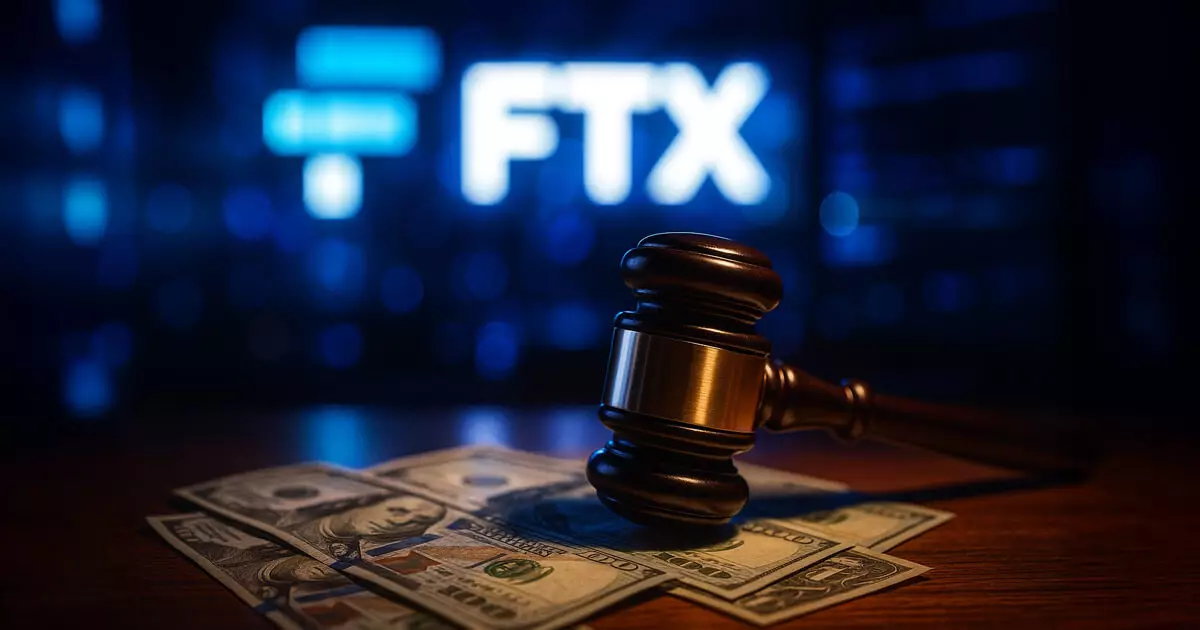The recent developments surrounding the FTX recovery efforts underscore the perilous nature of overly trusting the promises made within the crypto ecosystem. While the FTX Recovery Trust’s scheduled disbursements offer a glimmer of hope to creditors, they also reveal the deep-rooted flaws and vulnerabilities that have plagued this sector. It is troubling that amidst billions of dollars recovered, the fundamental question remains: how much of the original wealth will truly find its way back to those who suffered from the collapse? The lack of a streamlined, transparent process casts doubt on the efficacy of these payouts, exposing the fragility of the promises made by opaque exchanges and unregulated entities.
The Gap Between Promises and Reality
Despite the positive tone of the latest statement, the reality for creditors remains bleak. The process itself is riddled with strict procedural hoops—claimants must meet multiple pre-distribution requirements, complete Know Your Customer checks, and navigate complex transfers—all of which serve as barriers to swift reimbursement. This bureaucratic labyrinth reduces the chances that ordinary investors, many of whom suffered significant losses, will ever see their funds fully recovered. The decision to cut the disputed claims reserve from $6.5 billion to $4.6 billion might seem like a financial victory on paper, but it inadvertently exposes the precariousness of the entire recovery framework. This maneuver prioritizes freeing up cash, likely at the expense of fully addressing the claimants’ rightful demands.
The Political and Economic Implications
From a broader perspective, the FTX saga reveals the dangers of an unregulated financial environment that leans heavily on the hype surrounding crypto assets. The recovery process appears to prioritize the interests of large institutional creditors—such as BitGo, Kraken, and Payoneer—whose infrastructure ensures swift administration, leaving individual investors to bear the brunt of the chaos. This scenario highlights a growing disparity in how justice and restitution are dispensed—favoring well-established entities over the average retail investor. The government and regulators have, thus far, failed to impose the necessary oversight to prevent such collapses, emboldening a reckless culture that champions innovation over accountability. It raises a vital question: will the system ever truly prioritize fairness, or is it destined to serve the powerful elites who have the means to navigate its complexities?
The latest payouts from the FTX Trust do little to hide the systemic issues inherent in the crypto space—issues of transparency, regulation, and equitable treatment. While some creditors may receive a fraction of their claims, the broader lesson is clear: reliance on this volatile sector demands cautious skepticism. The unfolding scenario is not just a cautionary tale but a clarion call for urgent reform. Without greater oversight and fundamental changes, the cycle of collapse and recovery will persist, disadvantaging the very individuals and small investors whose faith propels the industry forward. The question remains—will justice and resilience prevail, or is this just another chapter in the ongoing saga of crypto excesses?
















Leave a Reply